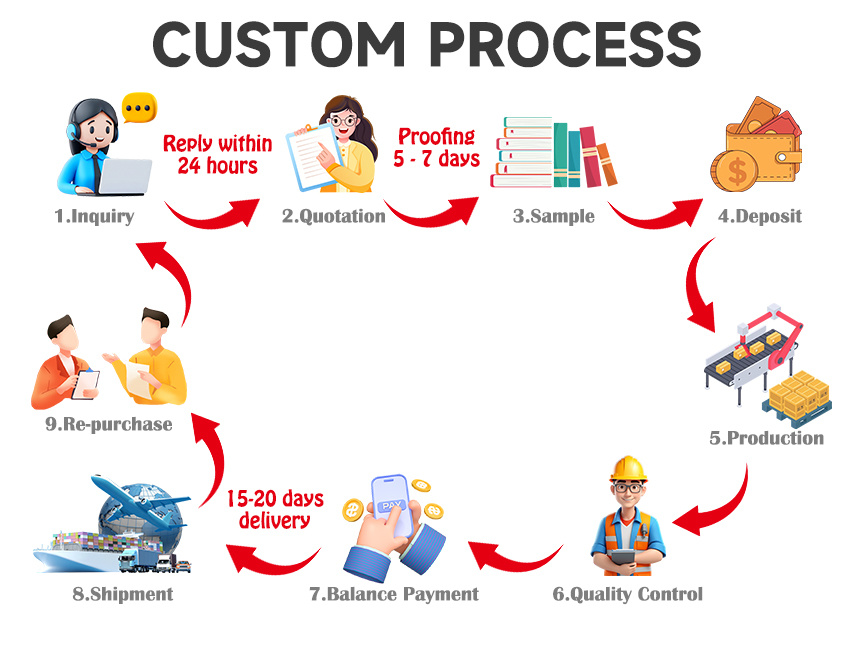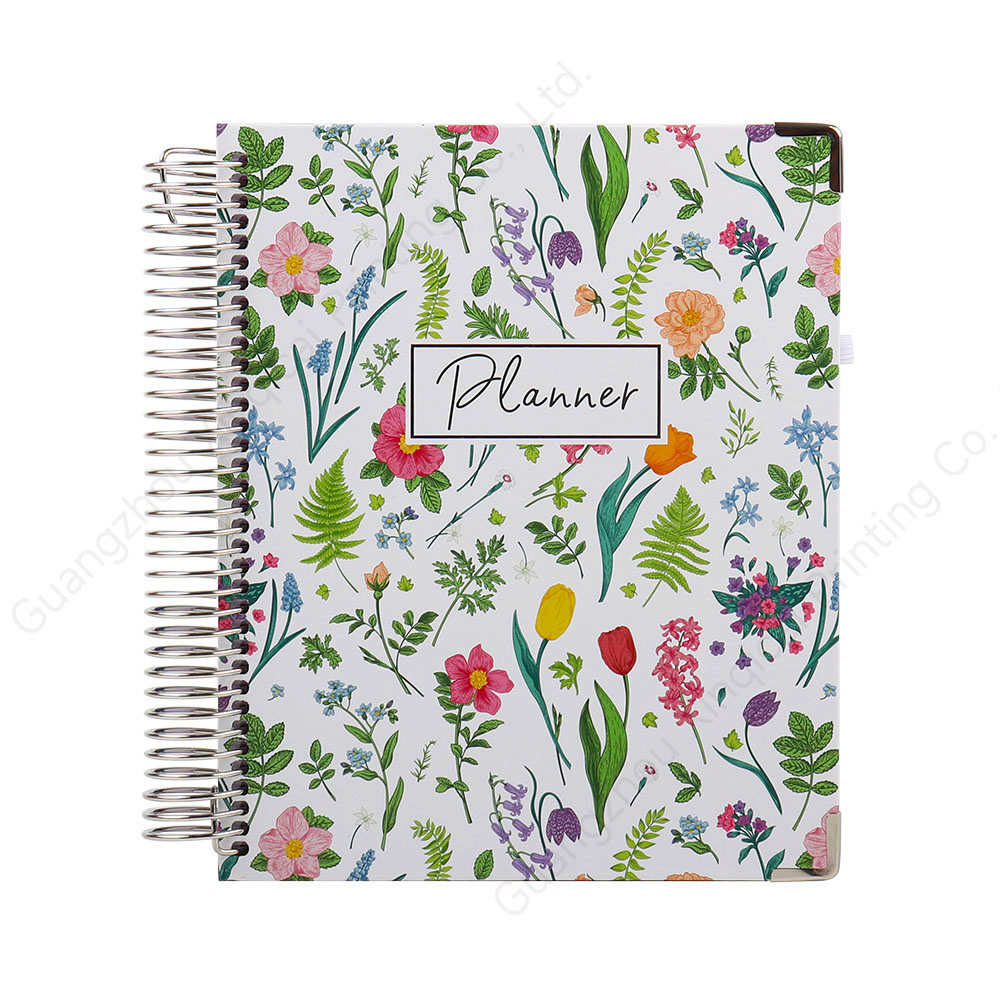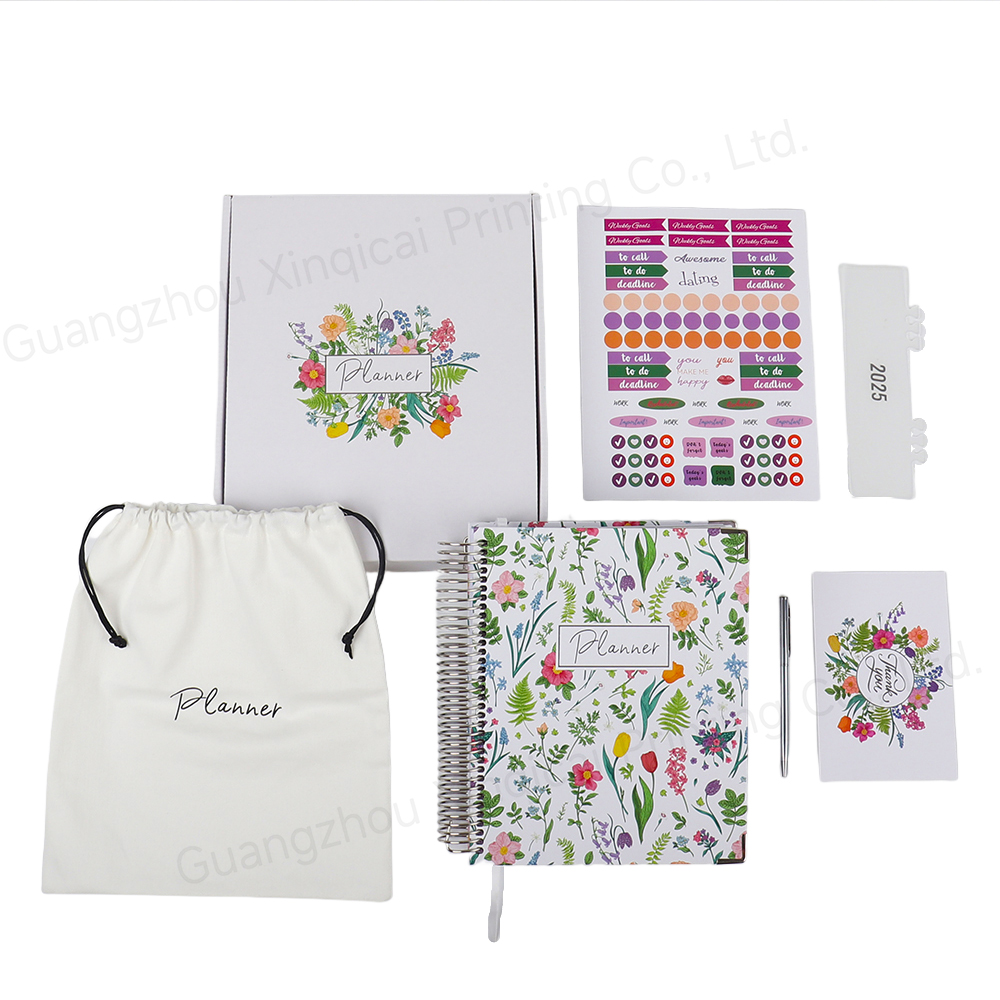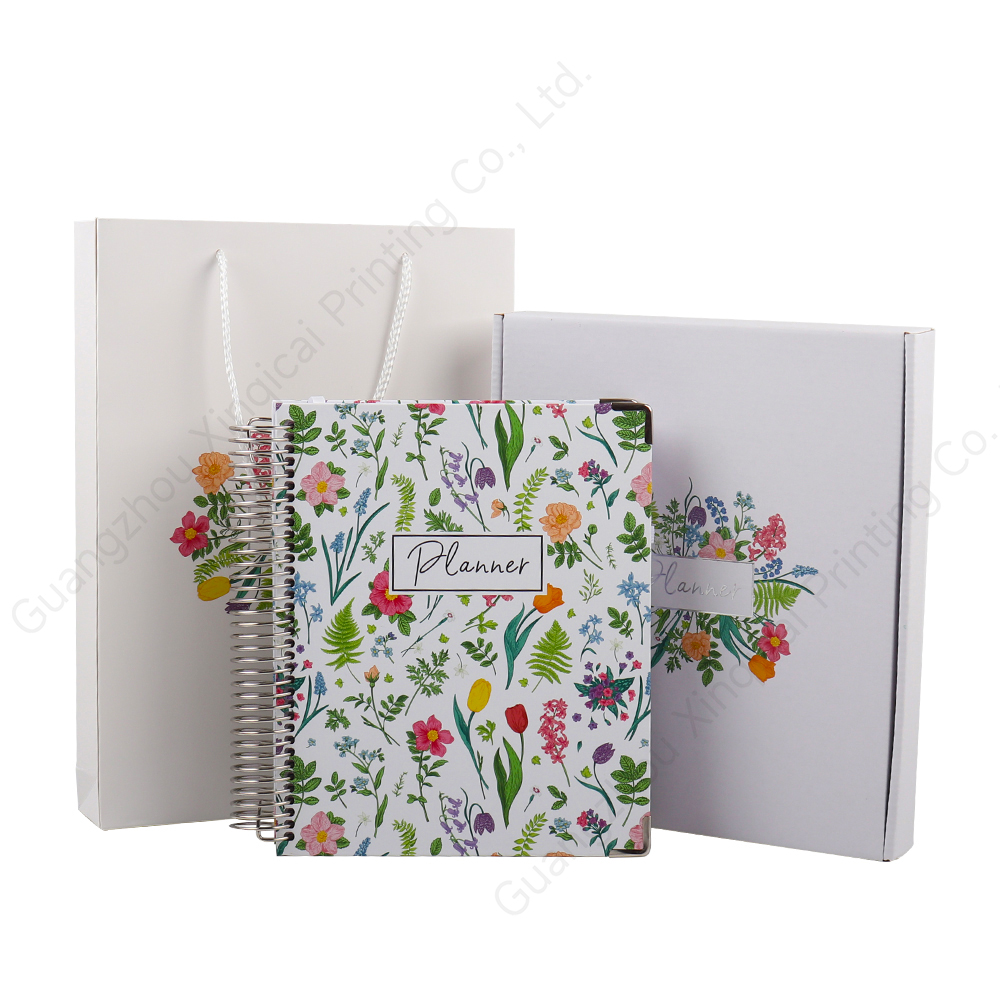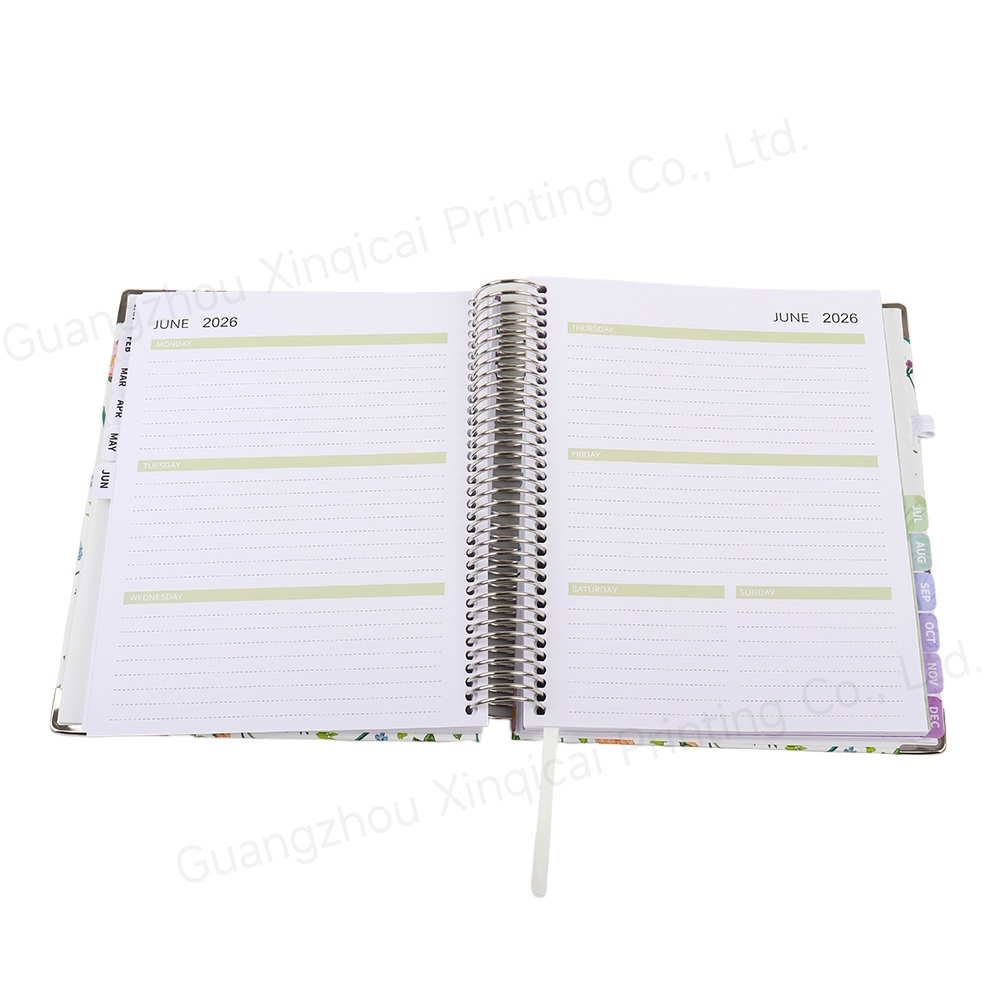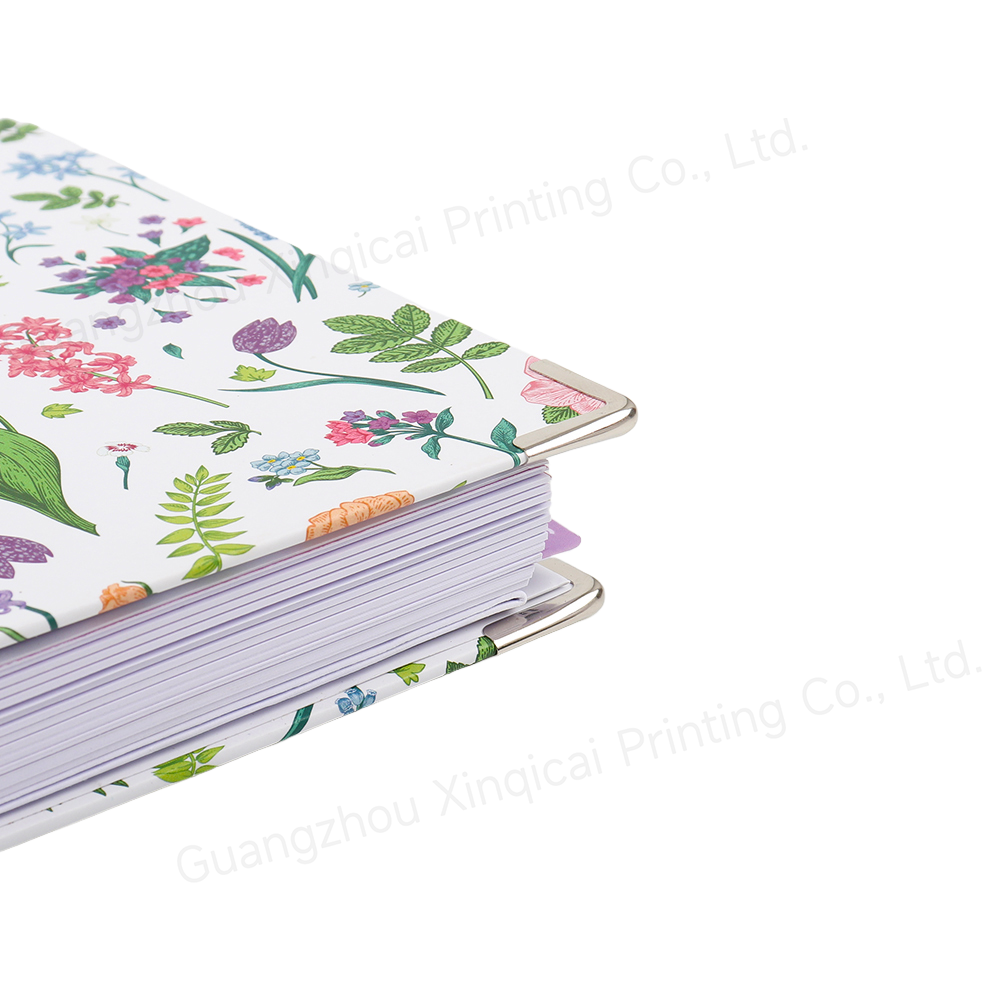Products Description

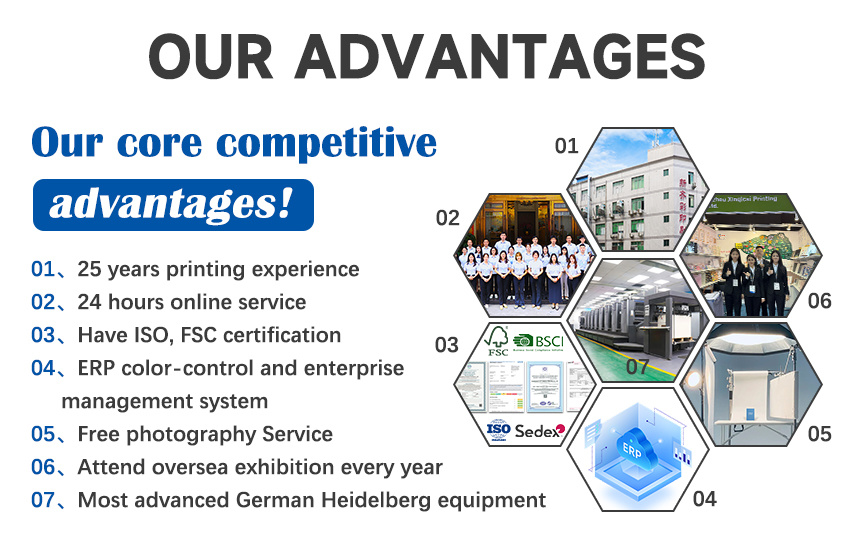
In modern society, time management and task planning have become crucial for a productive life. Planners, as tools, not only help us organize our daily tasks but also improve work efficiency and reduce the stress caused by disorganization. Whether a paper planner or an electronic app, the core function of a planner is to transform abstract goals into actionable steps, thus making life more organized.
First, planners clearly prioritize tasks. By listing to-do items and marking deadlines, users can intuitively distinguish between urgent and important tasks. For example, upcoming work projects can be prioritized, while long-term goals can be broken down into smaller, daily tasks. This categorization prevents procrastination and ensures that time is allocated effectively. Furthermore, many planners offer color-coded or star-studded features for enhanced visual clarity, helping users quickly focus on key priorities.
Second, planners help cultivate self-discipline. The very act of recording a daily plan is a form of self-commitment. When people write down their goals on paper or enter them into a digital device, they feel a stronger psychological drive to achieve them. Research shows that written plans are more achievable than purely mental ones because they reduce ambiguity and provide a clear path to action. Long-term planner users often develop a consistent time management rhythm, leading to a better balance between work and life.
Plus, planners foster reflection and improvement. Weekly or monthly reviews of completed tasks allow users to analyze which plans are working well and which need adjustment. This feedback mechanism is the foundation for continuous improvement. For example, if certain tasks are consistently postponed, it may be time to reassess their feasibility or break them down into smaller steps. The advantage of electronic planners is the ability to generate data reports, visually displaying time allocation patterns through charts, helping users adjust their strategies more scientifically.
Of course, choosing the right planner tool is equally important. Those who prefer handwritten notes may prefer the tactile feel of paper, while those seeking convenience may prefer versatile electronic apps. Regardless of the format, the key is consistent use and integration into daily life. A planner's value is maximized only when plans are truly translated into action.
In short, a planner is more than just a record-keeping tool; it's a partner in achieving your goals. Through structured thinking, it helps us manage time, improve efficiency, and ultimately bring order and calm to our lives. In today's fast-paced world, learning to use a planner may be the first step towards success.
